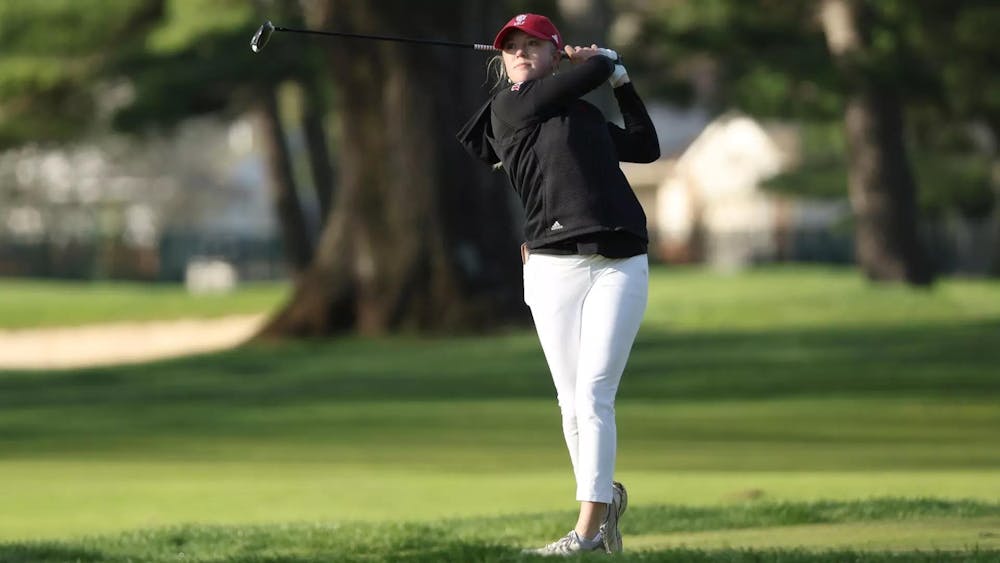Crimson CORPS is looking for a group of undergraduate students interested in tackling these mental health issues.
Applications for next ?academic year are due Feb. 6.
Crimson CORPS, short for Caring, Open-Minded, Respectful Peer Support, is a group of undergraduate students trained and supervised by the staff at CAPS, according to the Crimson CORPS ?website.
Through peer-to-peer support, advocacy and outreach, the group of students work to bring awareness to mental health issues, reduce the stigma surrounding them and support peers struggling with these problems.
“I have had an extremely valuable experience in Crimson CORPS,” said junior and Crimson CORPS member Taylor Claxton. “I have learned so much about mental health, and I’ve learned the helping skills that I need to be able to make a difference.”
Undergraduate students who join Crimson CORPS are expected to volunteer for at least three semesters, ?including one semester of orientation and two semesters of practice, attend biweekly meetings, attend one six-hour training session per semester and one 90-minute training session per month and participate in at least two outreach programs per semester.
At the six-hour training sessions, members focus on general skills, such as how to listen, how to ask questions and when to ask the right questions, said junior and member of Crimson CORPS Leah Edge.
At the 90-minute training sessions, members focus on a particular mental health issue, such as depression, anxiety, suicide, eating disorder, sexual assault and problem-drinking and drug use, Edge said. Members then learn how to recognize particular mental health issue as well as appropriate intervention and referral techniques.
“We do a lot of role playing and practicing of the skills that we talk about because that’s the best way to get comfortable with using the skills that we talk about,” Edge said.
Claxton said members split into groups of six to eight people. One pair role plays and practices the skill they learned as the rest of the group and a staff member from CAPS watches, providing feedback on what the pair did well and what the pair could have done differently.
Members then apply the skills acquired in training to peer-to-peer mentoring.
“Others should know that as Crimson CORPS members, we are not licensed therapists or psychologists and we cannot counsel students like the CAPS staff can,” Claxton said. “However, we are trained on sensitive topics that make it easier for us to talk with students that are struggling and guide them to getting professional help if they want it.”
Members also apply the skills acquired in training ?sessions to outreach events.
Claxton said members are divided into teams and each team coordinates an outreach event, such as Celebrate EveryBody Week, Culture of Care Week, depression screenings, DeStress Fest, Mental Health Awareness Day and Sex, Drugs, and ?Rock and Roll.
Edge said she finds such outreach events the most rewarding, as they are where she sees the biggest impact.
“As a social work major, the things that I learn in Crimson CORPS and in my classes tend to overlap, but the outreach is something that is unique to Crimson CORPS,” she said. “I just don’t get to do that very in-depth, face-to-face outreach in anything else ?that I do.”
Claxton, however, said she finds peer-to-peer mentoring the most rewarding.
“We can’t help everyone because not everyone wants to be helped,” she said. “But we can show that we care and sometimes that’s all someone needs.”





